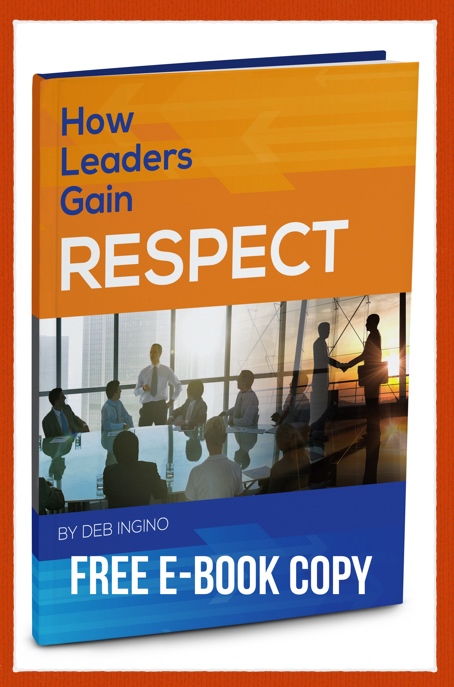
For decades, having a college education was the proverbial ticket to success.
That thinking has taken a shift in recent years as college costs have soared, and demands for those skilled in trades has dramatically increased. There are some areas where the average college graduate, laden with heavy student loans, is unemployed; while those who graduated from high school and went into a trade are making lucrative income.
Which is right for you and those you lead?
The answer is…it depends.
This shift and ensuing discussions around degree vs. trade have unveiled a hidden practice that has limited growth for people for decades. That practice has been a “one-size-fits-all” training model.
- “Everyone” should go to college in order to be successful in life.
- “Everyone” should work this way.
- “Everyone” should be cross-trained.
- “Everyone” should have equal strengths – and those who don’t should work on their weaknesses.
The result: misplaced strengths in the marketplace and some pretty frustrated individuals who have adapted themselves so much, they don’t even know who they are anymore.
The question is not one of college or trades. It is one of strengths and proper fit.
This lesson applies to all leaders. If you are in any form or fashion in charge of helping to direct people through a course in life, you are responsible for helping them grow into the avenue that best fits them.
Why is this important?
If each person in society is doing the work that best fits them instead of focusing on adaptation and fear of failure, frankly, a whole lot more work will be done and done right.
How can you help yourself, your child, or your employee find their best path in life and work?
1. Get rid of “everyone” thinking.
Each person brings a unique blend of strengths, experience, and natural skill sets to the table. If you want “everyone” to be the same, you are missing enormous potential within your organization.
2. Focus on individual strengths and motivations.
Those who take the Maxwell Method of Communication Impact Assessment learn not only their strengths (what they should be doing) and their weaknesses (what they should not be doing), but also their motivators. Leaders in the corporate world spend millions of dollars annually in an effort to motivate their people, when all the motivation they need is locked inside each person. Your job as the leader is to bring it out in each of your people.
3. Establish a customizable framework.
For training, having some type of framework is necessary. But create it in such a way that it has the flexibility to be individualized and customized for your people. Establish policy and procedures that are in compliance, yes. But in matters of preference, be flexible. You may have someone who does their best work in the early morning hours, while another works best at night. Tailoring your policy to accommodate their ways of working will give them the opportunity to work in their strengths, and your organization gets the benefit of having their best efforts at their best time.
4. Provide strengths training, not “overcome your weakness” training.
We all know we have weaknesses. Generally, these can be overcome by shoring up our strengths. But there are some weaknesses that just cannot be untrained, no matter how hard you or your employee may try.
For instance, a petite gymnast can train for years to be a linebacker. He or she may have all the skills and be very, very strong. But if you put them on the field in the linebacker position, sooner or later (and probably sooner), they will get injured.
When you place employees in the wrong positions, you are setting them up for failure. And their failure becomes your issue in the workplace.
A gymnast that is naturally gifted and trained well can attain Olympic gold…or sustain injury on a football field. The choice is in the setting.
Set your people up for success, and they will bring home the gold.
As the CEO of Strength Leader Development, Deb Ingino is a highly sought-after international executive mentor, coach, trainer and speaker. Deb is well versed in global business operations and helps business leaders and their teams to discover and leverage their strengths, so they can create highly collaborative teams that deliver great results. With a refreshingly direct style, Deb helps leaders and their teams to deliver profitable results. Connect with Deb to learn more about her mentorship and coaching programs to equip you with advanced strategies to elevate your results.
When you have a strong team that collaborates well,
you have a competitive advantage.
Click here to get instant access to the complimentary FREE e-book!

+ view comments . . .